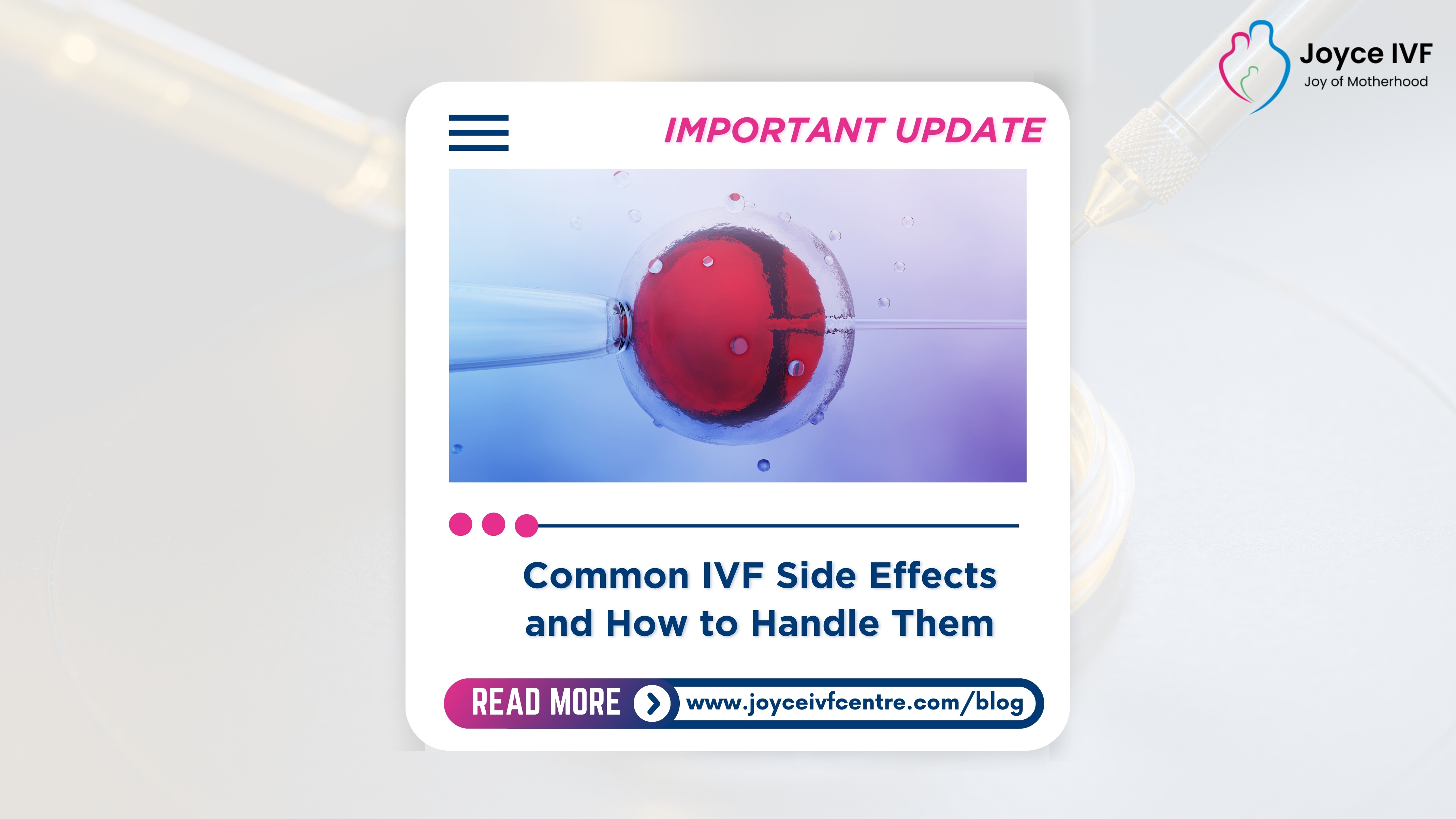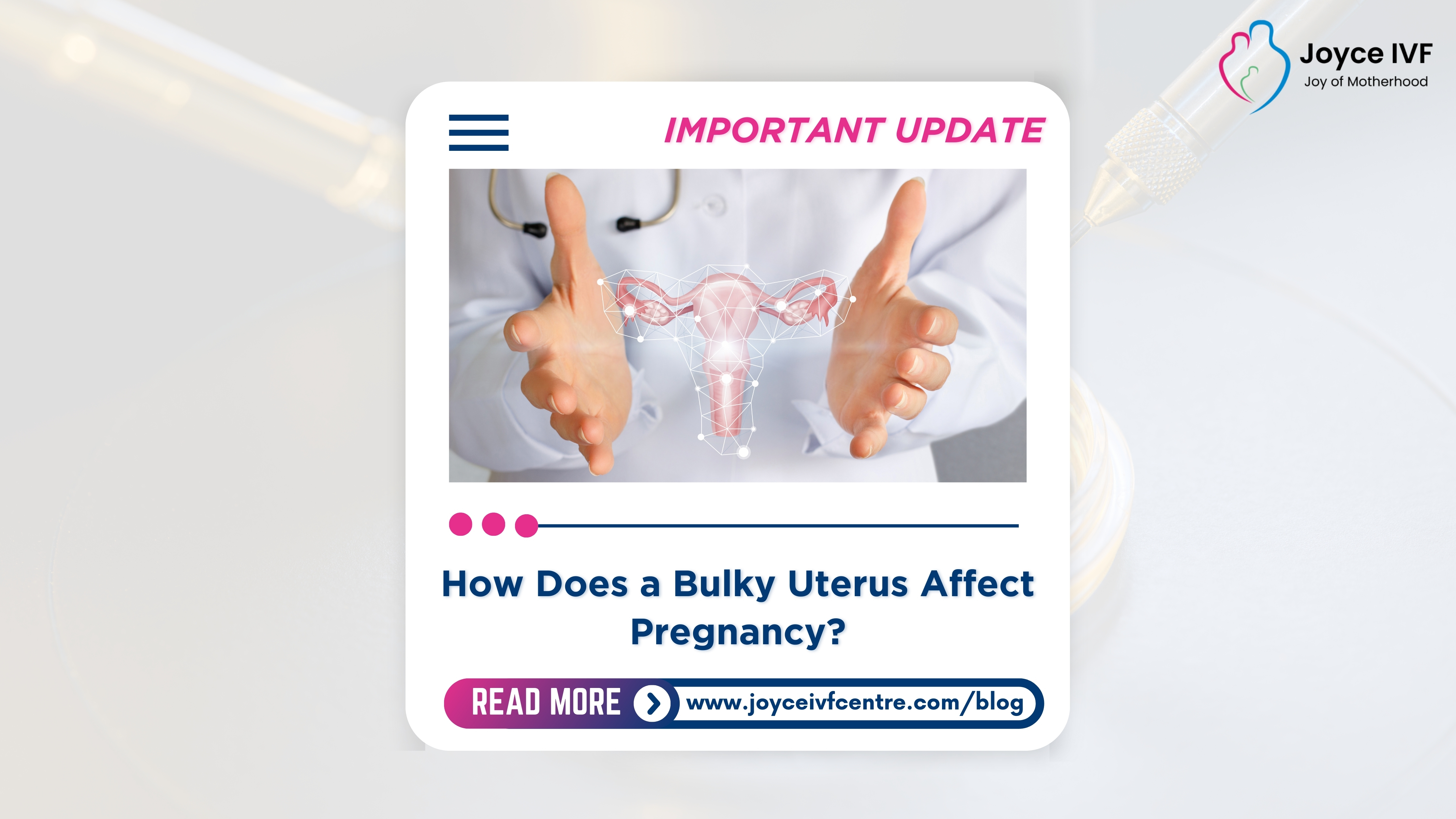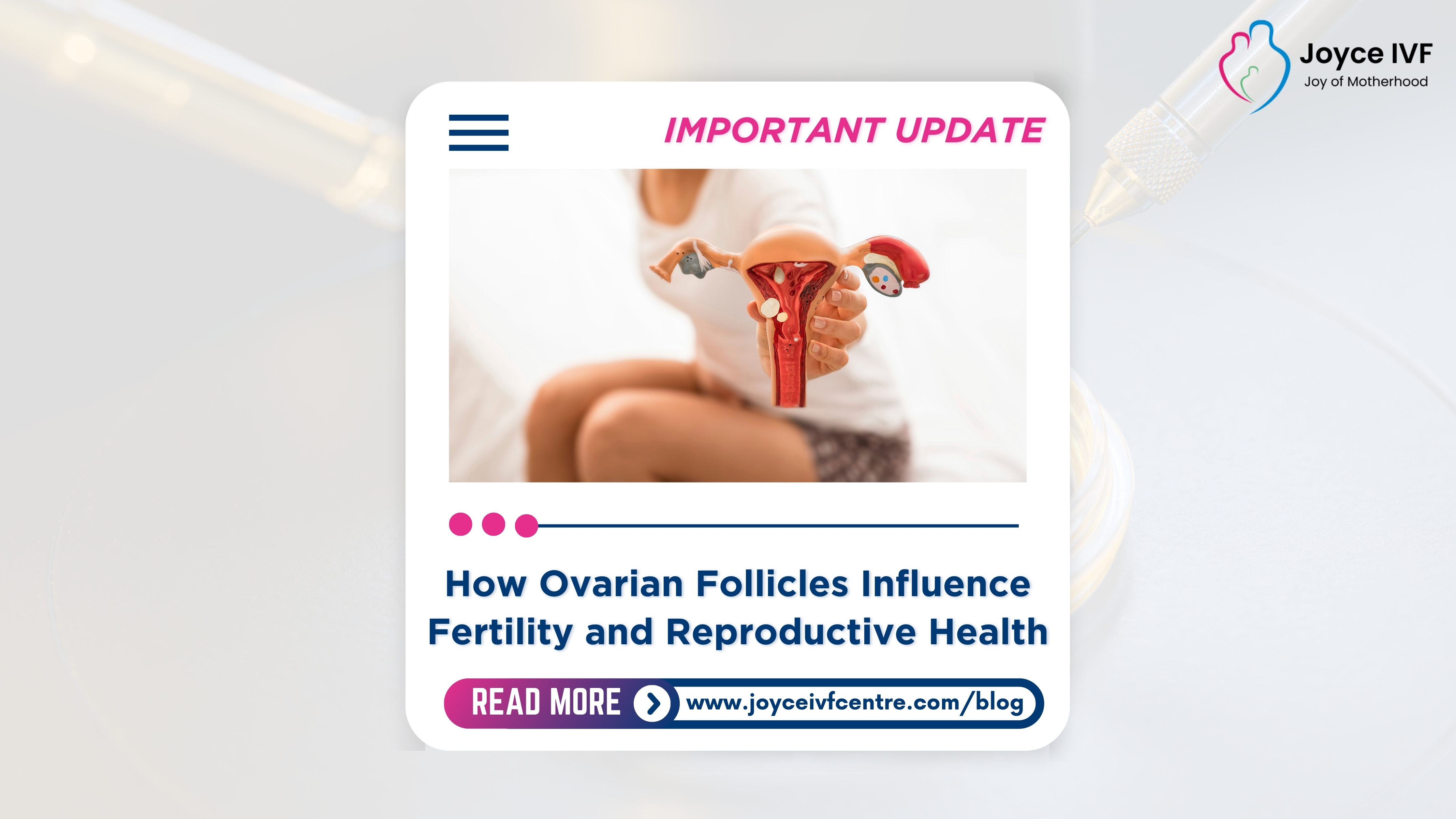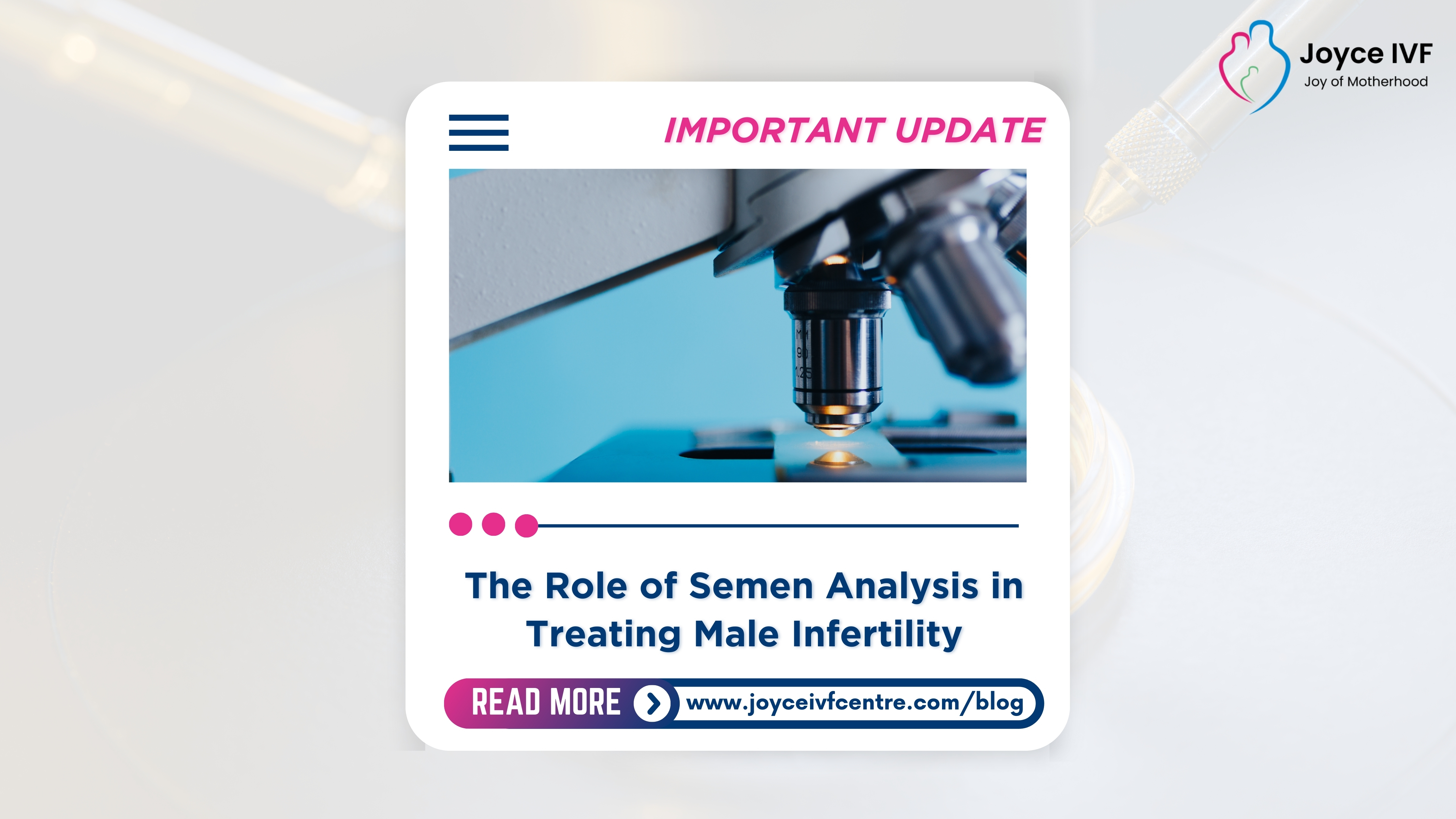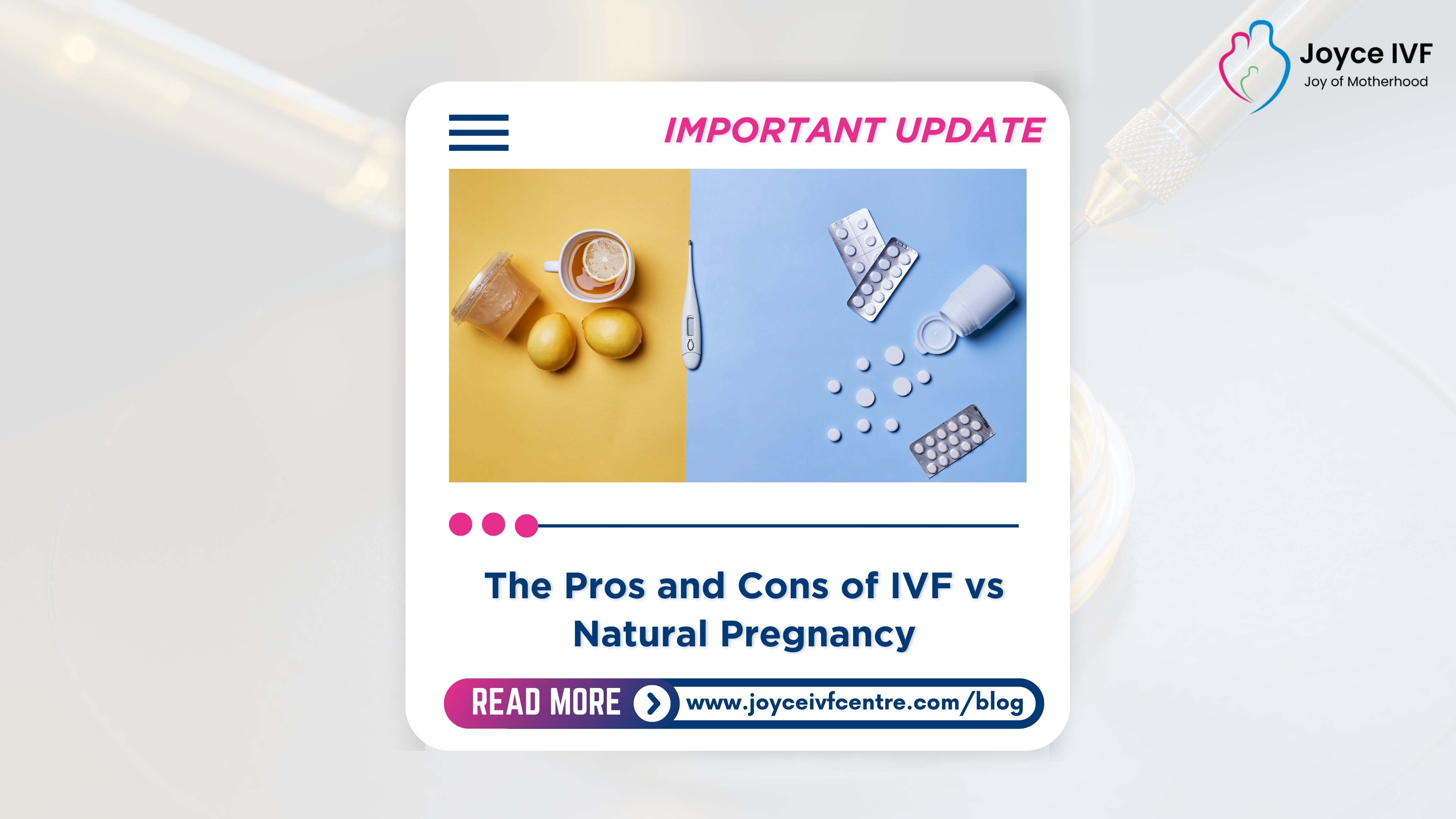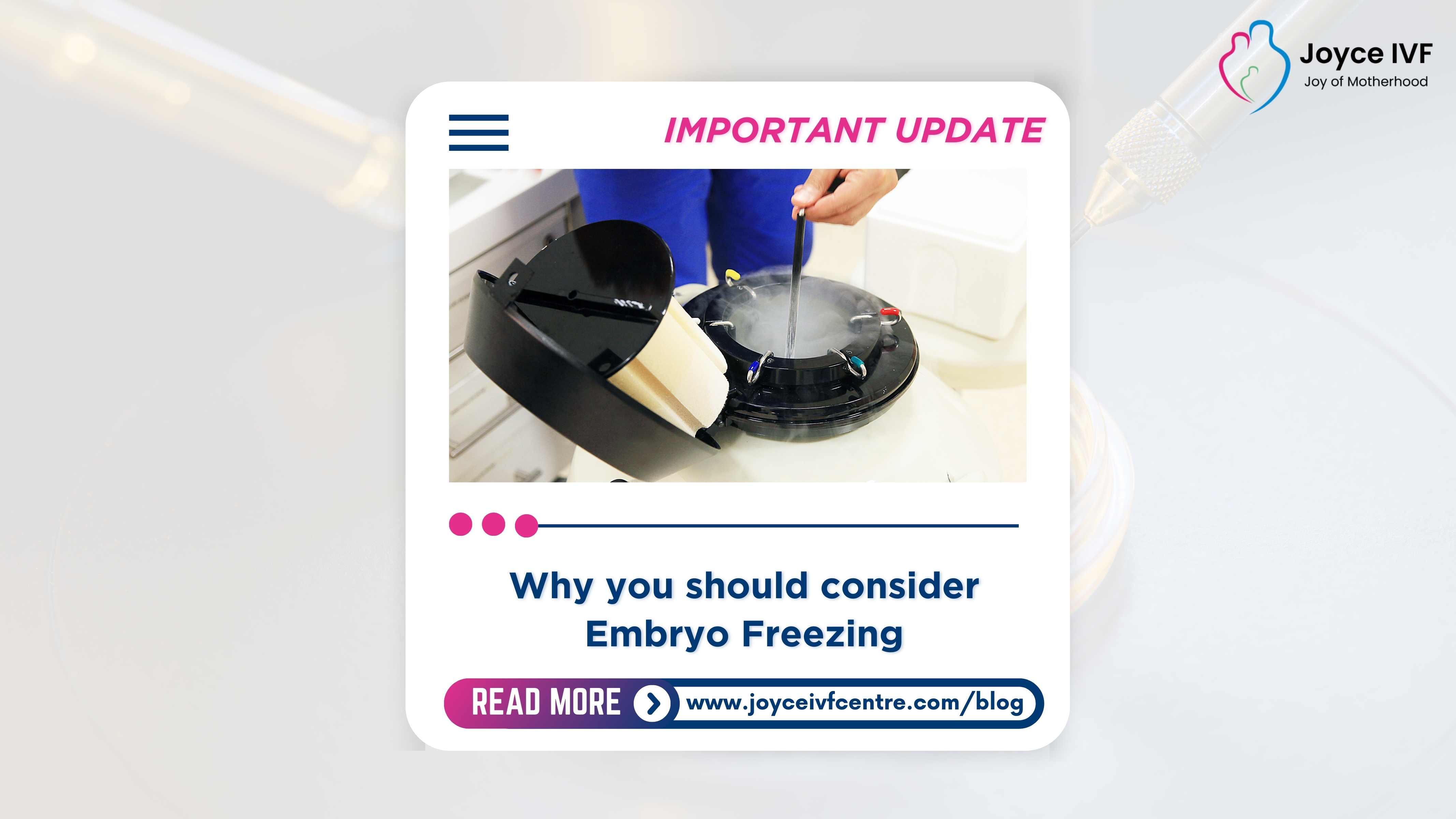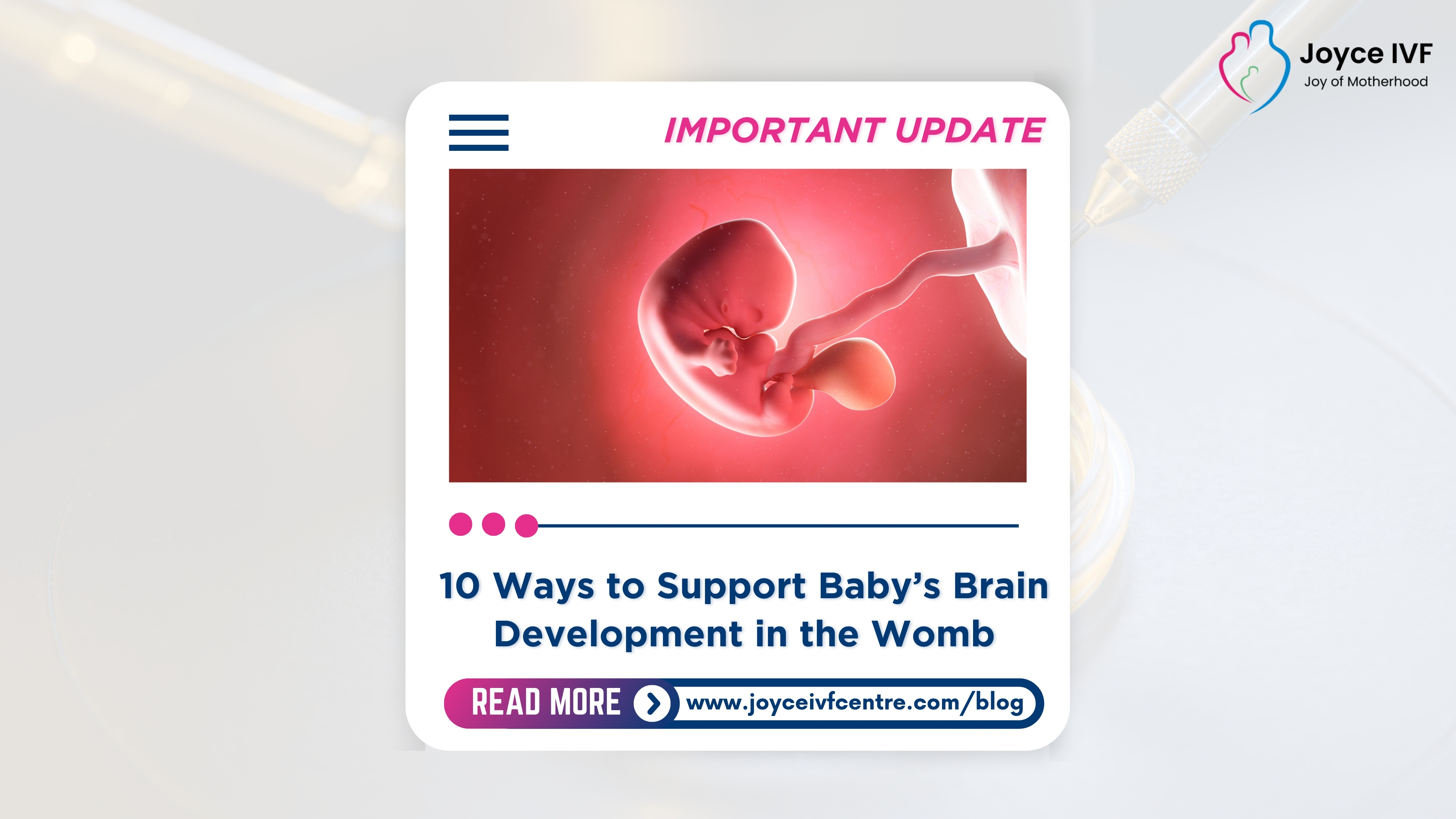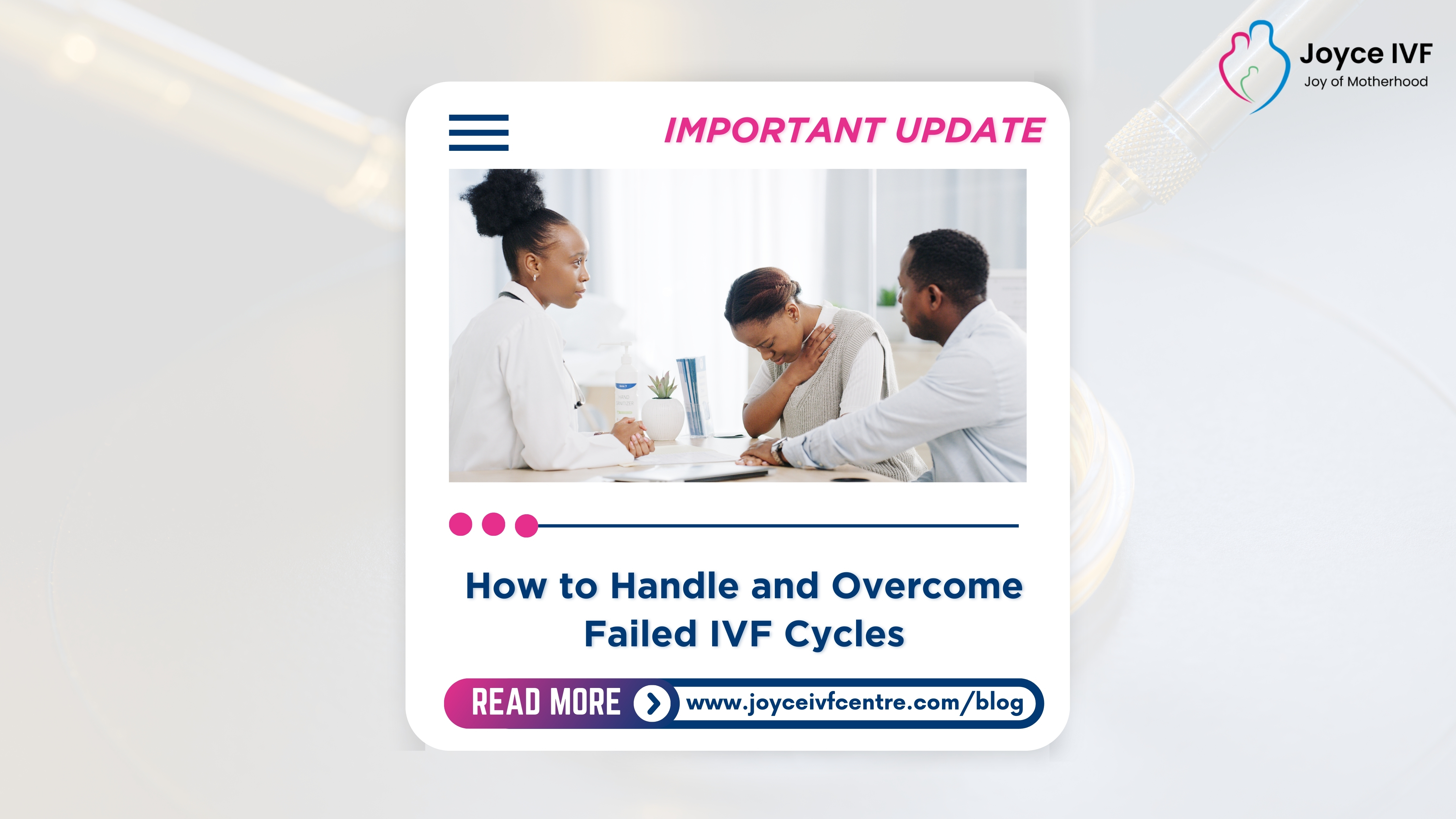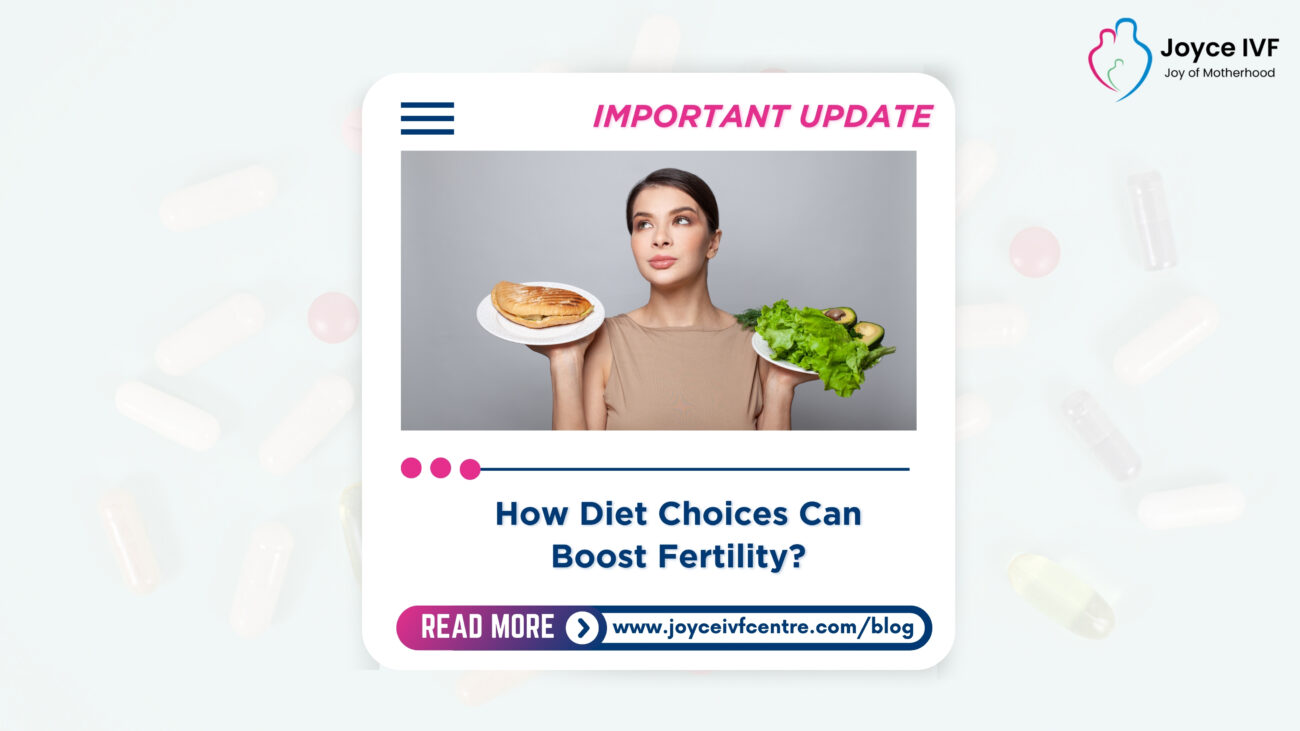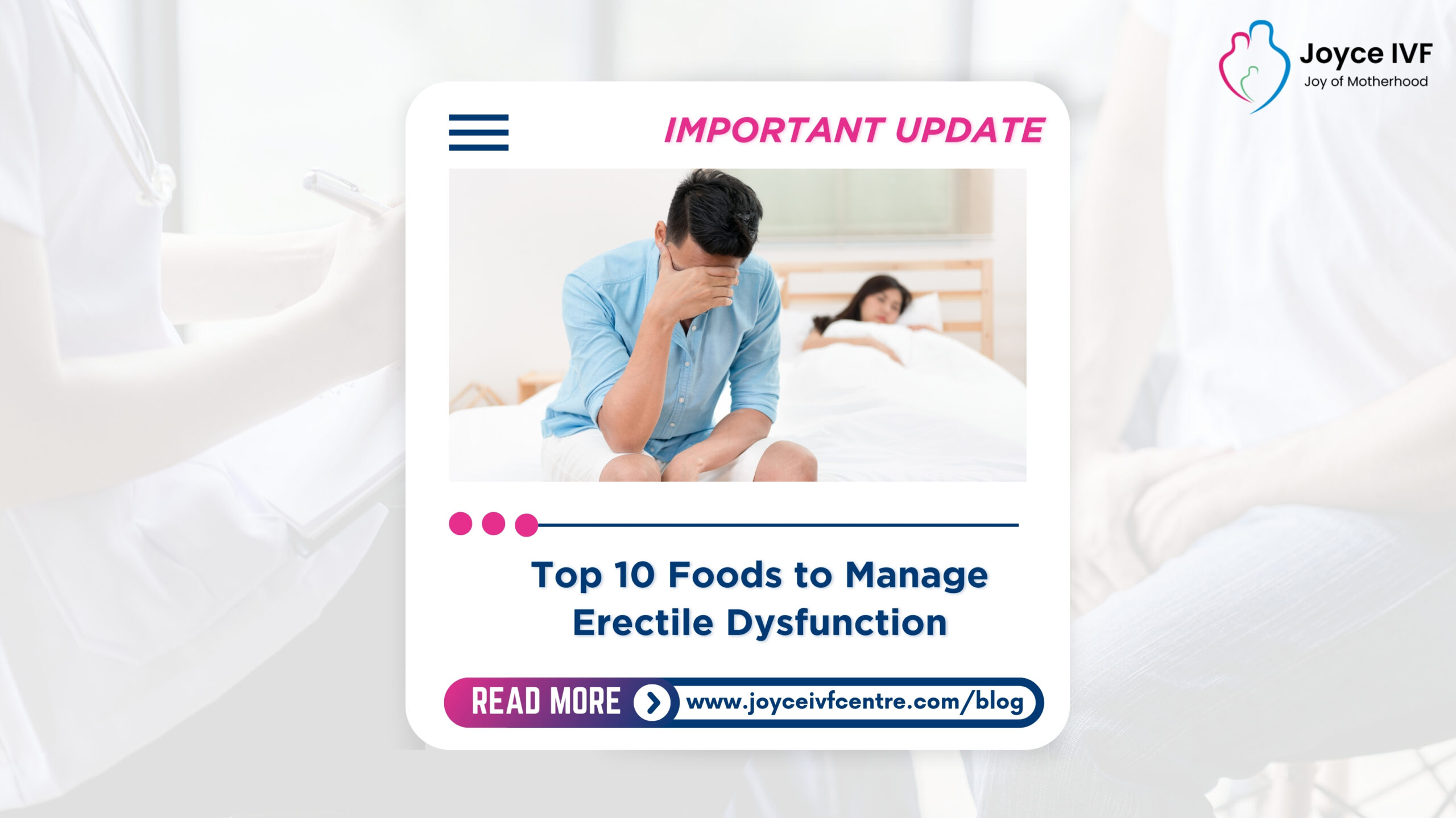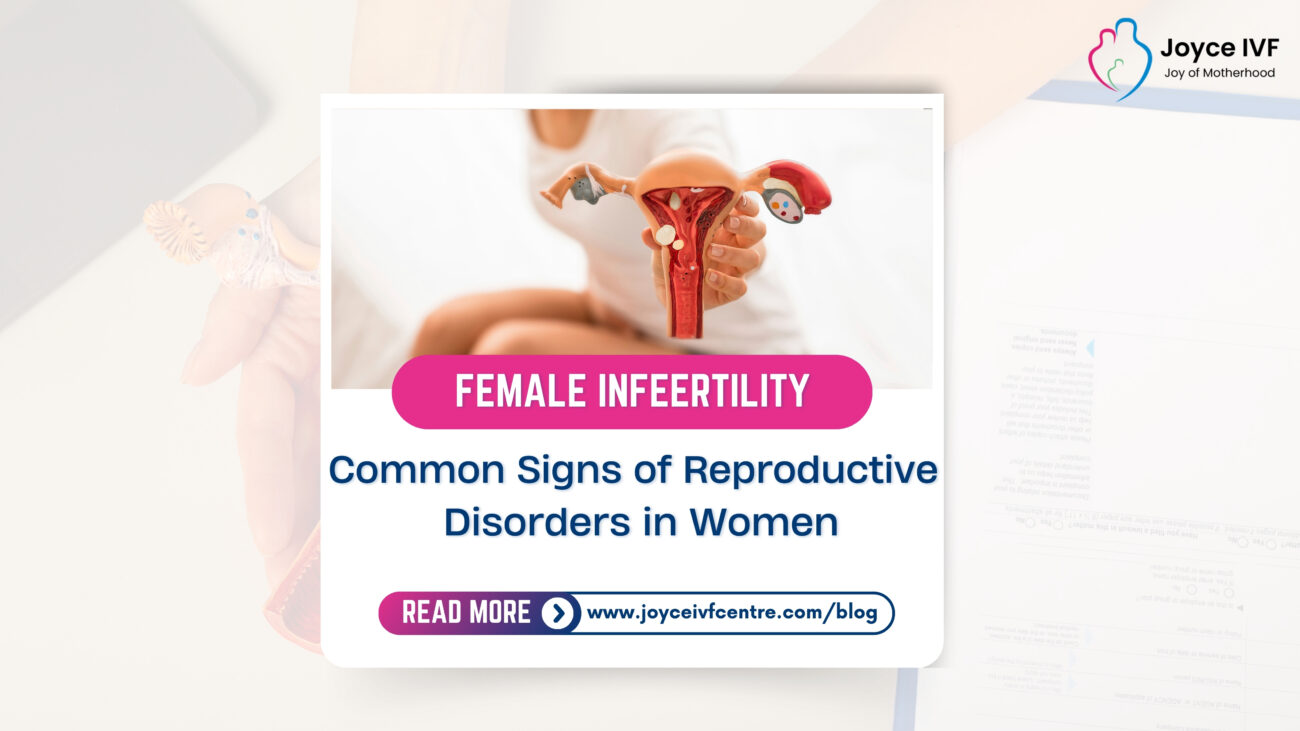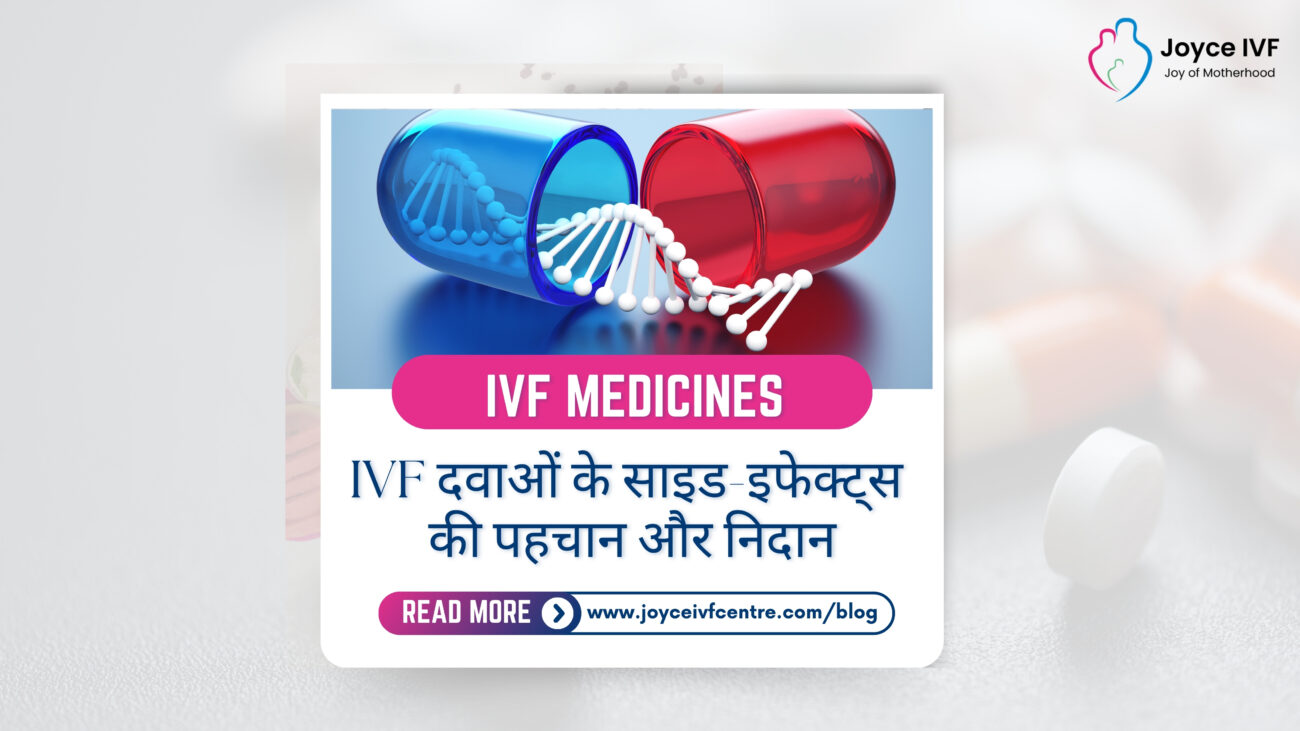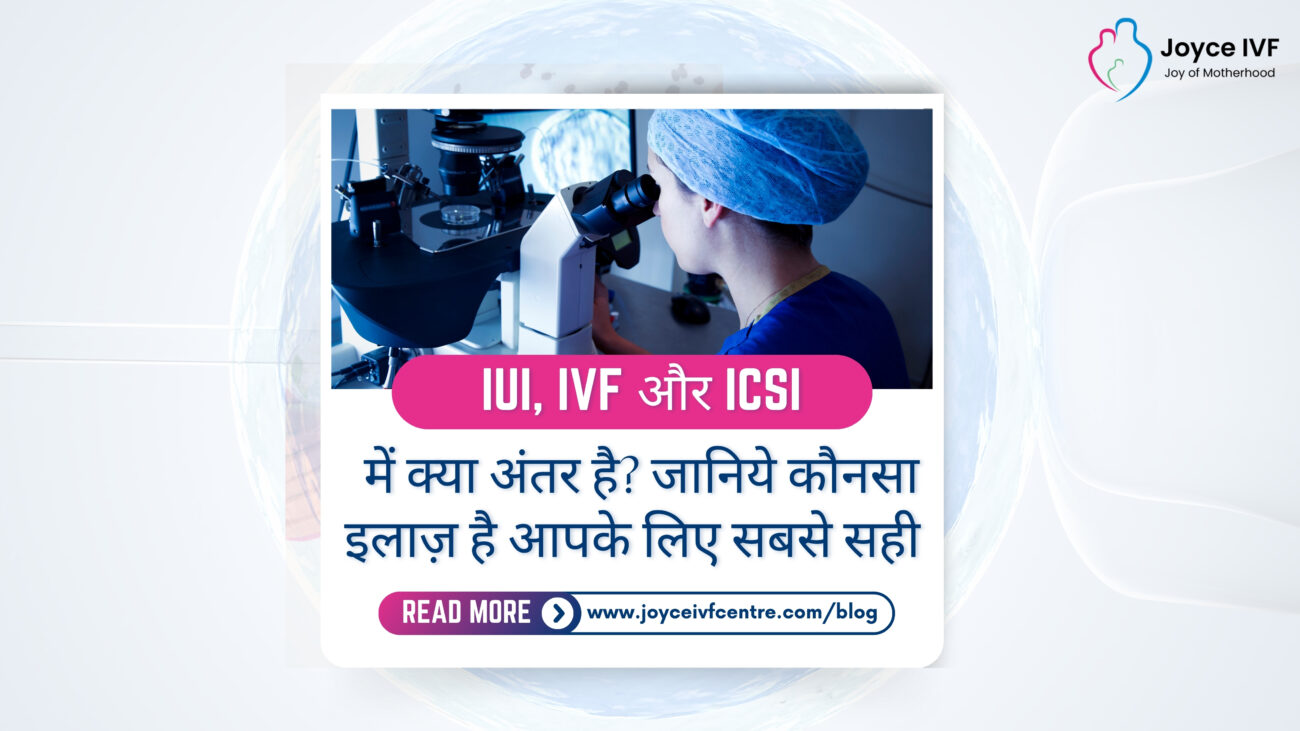In vitro fertilization (IVF) has become one of the most effective treatments for couples struggling with infertility. As the process involves a range of medical procedures, it’s common for patients to experience side effects. Understanding these potential side effects and how to manage them can make the IVF journey smoother and more manageable.
This blog will explore some of the common IVF side effects and provide practical advice on how to handle them, ensuring that you can approach the process with confidence. Whether you’re visiting an IVF centre in Gurgaon or an IVF centre in Delhi, knowing what to expect and how to deal with side effects will help you prepare for the journey ahead.
1. Hormonal Fluctuations and Mood Swings
One of the most common side effects of IVF is the hormonal changes that occur due to the medications used in the process. To stimulate the ovaries, fertility medications such as gonadotropins (FSH, LH) are prescribed. These hormones can cause emotional fluctuations, mood swings, and irritability.
How to Handle It:
- Communication: Keep the lines of communication open with your partner, friends, and family. Explaining the situation helps those around you to be more understanding.
- Relaxation Techniques: Incorporate stress-relieving activities like meditation, yoga, or deep-breathing exercises to calm your mind and reduce emotional stress.
- Sleep Well: Ensure you are getting enough rest. Lack of sleep can exacerbate mood swings and irritability.
2. Ovarian Hyperstimulation Syndrome (OHSS)
OHSS is a condition where the ovaries become enlarged and painful due to an overreaction to fertility hormones. While rare, it can occur in IVF patients, especially those with a high response to stimulation drugs. Symptoms of OHSS include bloating, abdominal discomfort, nausea, and sometimes shortness of breath.
How to Handle It:
- Stay Hydrated: Drink plenty of fluids to prevent dehydration and help with the bloating and discomfort.
- Monitor Symptoms: Keep track of symptoms and notify your IVF centre immediately if you experience severe symptoms such as rapid weight gain or breathing difficulties.
- Rest: Avoid strenuous physical activities during the treatment cycle to reduce the strain on your body.
3. Bloating and Abdominal Discomfort
Due to ovarian stimulation and the retrieval procedure, many IVF patients experience bloating and abdominal discomfort. The ovaries may become enlarged from the hormone injections, leading to feelings of heaviness or pressure in the abdomen.
How to Handle It:
- Eat Small, Frequent Meals: Instead of large meals, opt for smaller, more frequent meals to reduce bloating and indigestion.
- Gentle Exercise: Engage in light activities like walking to improve digestion and reduce bloating.
- Avoid Salty Foods: High sodium intake can worsen bloating, so try to limit your salt intake.
4. Injection Site Reactions
As part of the IVF process, you’ll be required to take various injections, especially in the beginning phase. Injection sites may become sore, red, or bruised, which can be uncomfortable for many women.
How to Handle It:
- Rotate Injection Sites: To reduce discomfort, make sure to rotate the areas where you inject (e.g., thighs and abdomen). This helps to avoid irritation or scar tissue buildup.
- Apply Ice or Heat: Ice packs can help with inflammation right after an injection, while heat pads can soothe soreness a few hours later.
- Massage the Area: Gently massaging the injection site can help improve blood circulation and reduce bruising.
5. Headaches
Headaches are a common side effect of IVF treatment, as hormonal fluctuations, especially from estrogen and progesterone, can trigger headaches. They can be mild to severe and may persist throughout the cycle.
How to Handle It:
- Stay Hydrated: Drink plenty of water to prevent dehydration, which can contribute to headaches.
- Pain Relievers: Consult with your IVF centre about which pain relievers are safe to take during your IVF treatment. Often, paracetamol (acetaminophen) is recommended over stronger pain medications.
- Rest: Ensuring you get enough sleep and avoid stress can also help in reducing the frequency and intensity of headaches.
6. Breast Tenderness
Many women undergoing IVF report breast tenderness as a side effect. This is due to the hormonal medications that stimulate the ovaries and increase estrogen levels.
How to Handle It:
- Wear a Supportive Bra: A well-fitting, supportive bra can help alleviate discomfort.
- Avoid Tight Clothing: Avoid tight clothing that presses against the breasts to reduce pain and irritation.
- Pain Relief: Over-the-counter pain relievers, as approved by your IVF specialist, can help alleviate the discomfort.
7. Constipation
The hormonal changes in IVF can also affect your gastrointestinal system, leading to constipation. Progesterone, which is commonly prescribed after embryo transfer, can relax the muscles of the intestines, slowing down bowel movements.
How to Handle It:
- Increase Fiber Intake: Incorporate high-fiber foods such as fruits, vegetables, and whole grains into your diet to promote regular bowel movements.
- Stay Hydrated: Drink plenty of water to prevent dehydration, which can worsen constipation.
- Gentle Exercise: Regular walking or light exercise can stimulate your digestive system and help relieve constipation.
8. Fatigue
Fatigue is a common side effect during IVF treatment. It can be caused by the hormonal medications, stress, and the emotional rollercoaster of undergoing fertility treatment. This can leave you feeling drained and low on energy, particularly during the early stages of treatment.
How to Handle It:
- Take Naps: If possible, take short naps during the day to rest and recharge.
- Manage Stress: Incorporate relaxation techniques like deep breathing or meditation to reduce mental fatigue.
- Limit Your Activities: Avoid overexerting yourself by delegating tasks and taking breaks when needed.
9. Nausea
Nausea is another possible side effect of IVF, particularly in the first few weeks after embryo transfer. This can be due to the hormonal medications, or it may result from the emotional stress of the treatment.
How to Handle It:
- Eat Small Meals: Eating small, frequent meals throughout the day can help prevent nausea.
- Ginger: Ginger tea or ginger candies have been shown to reduce nausea in some women.
- Acupressure: Some women find relief by using acupressure wristbands, which help alleviate morning sickness.
FAQ (Frequently Asked Questions)
Q1: Are IVF side effects temporary? Yes, most IVF side effects are temporary and subside after the treatment cycle is completed. However, some women may experience longer-lasting effects, especially if they conceive during the cycle.
Q2: How can I prepare for IVF side effects? Preparation involves understanding the potential side effects and discussing them with your fertility specialist. Maintaining a healthy lifestyle, eating a balanced diet, staying hydrated, and incorporating stress-management techniques can help mitigate some of the side effects.
Q3: What should I do if I experience severe side effects? If you experience severe side effects, such as OHSS, excessive bleeding, or intense abdominal pain, contact your IVF centre immediately. Your doctor will provide guidance and may adjust your treatment plan as necessary.
Q4: How can I manage the emotional stress of IVF? Managing emotional stress is an important part of the IVF process. Consider joining a support group, talking to a therapist, or practicing mindfulness to help with the emotional ups and downs. Staying connected with supportive friends and family is also crucial.
Q5: How do I choose the right IVF centre? Choosing the right IVF centre is essential to ensuring the best care. Look for centres with experienced fertility specialists, good patient reviews, advanced technology, and a supportive environment. Whether you’re visiting an IVF centre in Gurgaon or an IVF centre in Delhi, ensure that the clinic has a high success rate and personalized care to guide you through the IVF process.
Conclusion
While IVF offers hope to many couples struggling with infertility, the side effects associated with the treatment can be challenging. By understanding what side effects to expect and how to manage them, you can better prepare yourself for the IVF journey. Whether you’re undergoing treatment at an IVF centre in Gurgaon or an IVF centre in Delhi, don’t hesitate to communicate openly with your healthcare provider and ask for support when needed. With the right approach, you can minimize the discomfort and focus on the exciting possibility of expanding your family.









